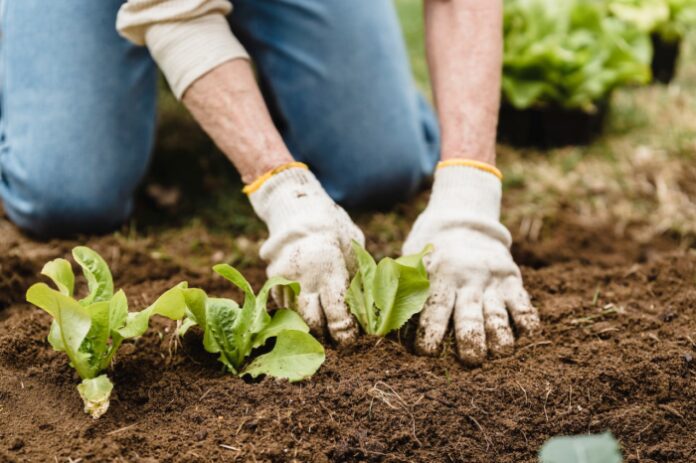On their own, plants are likely to experience low productivity. Therefore, farmers incorporate fertilizers into their farming practices to promote their growth. However, while fertilizers are useful, they might end up doing more harm than good when used incorrectly. Thus, using adequate amounts of organic fertilizer for vegetables is important.
Factors to Consider When Applying Organic Fertilizers
1. Timing
For better results, you should apply organic fertilizer consistently. However, using excessive amounts of organic fertilizer may burn your vegetables. Hence:
- When the vegetables begin to yellow or experience stunted growth, you should use the organic fertilizer immediately.
- Otherwise, it is advisable to hold out for a while before applying organic fertilizer when the vegetables are green and healthy.
2. Type of Soil
For soils that drain water at a moderate rate, you’ll need to apply organic fertilizers more frequently. As such, vegetables growing in sandy soils need more fertilizer than those in clay soils. You can add small amounts of fertilizer for those already growing in organic soils. To determine what portions of fertilizer you need to add to your garden, you should perform soil tests.
3. PH Levels
In order to determine the PH level, you should carry out a soil test to ascertain the acidity or alkalinity of the soil. Most vegetables thrive in soils with PH levels between 6.0 and 7.0. If the PH level is low, you can add lime to increase the level, but you may still require to add more organic fertilizers.
4. Nutrients Balance
It is advisable to use complete organic fertilizers when growing vegetables. It is because a slight off-balance can cause damage to your vegetables. Excessive use can even cause your vegetables to whither.
Some organic fertilizers release small portions of nutrients over time. In this case, the fertilizer is sustainable for an extended period. Such fertilizers are highly recommended since they don’t burn the vegetables.
Types of Fertilizers for Vegetables
Let us explore the different types of organic fertilizers and how to apply them without causing damage. They include:
-
Dry Fertilizers
You can dry organic matter to form organic fertilizer. When applying, you may scatter all over the vegetable garden before planting, then side dress along the rows after planting. Additionally, water the vegetables after applying the organic fertilizer to remove the dry particles from the foliage. You can also add dry fertilizer into the soil where the vegetables are growing.
With regard to vegetable spacing, apply the fertilizer with a side difference of 2-3 inches and a depth difference of 1-2 inches of the seed level. Spread the fertilizer over the root and use it in small amounts to achieve the best results.
-
Animal Manures
Manures offer balanced nutrition, improved soil performance, and encourage the growth of beneficial microbes. However, manure collected locally needs to be composted before it is used in order to prevent damage to the vegetables. For the best results, you are advised to place the animal manure next to the vegetable rows.
-
Water-Soluble Fertilizers
These fertilizers are best-suited for vegetables that require a rapid boost. They, however, require frequent application. The fertilizer can easily be applied using a sprinkling can. Water-soluble fertilizers are beneficial to plants since their nutrients are usually readily available to plants.
The Bottom Line
First, consider that each vegetable is different, and their respective requirements are also different. It helps you know the amount of organic fertilizer you need to add to your vegetables; hence, you can reduce wastage.
Secondly, if heavy rains are forecast in a few hours, restrain from applying fertilizer. It is because the heavy rains are likely to wash off the fertilizer. As a result, the fertilizer may drain into groundwater, causing pollution, and the vegetables will not have absorbed the organic fertilizer.
Lastly, ensure that the organic fertilizer is actually necessary. Sometimes, the vegetables might already be receiving adequate nutrients from the soil. If you add fertilizer anyway, it may lead to pollution.
Find a Home-Based Business to Start-Up >>> Hundreds of Business Listings.

















































